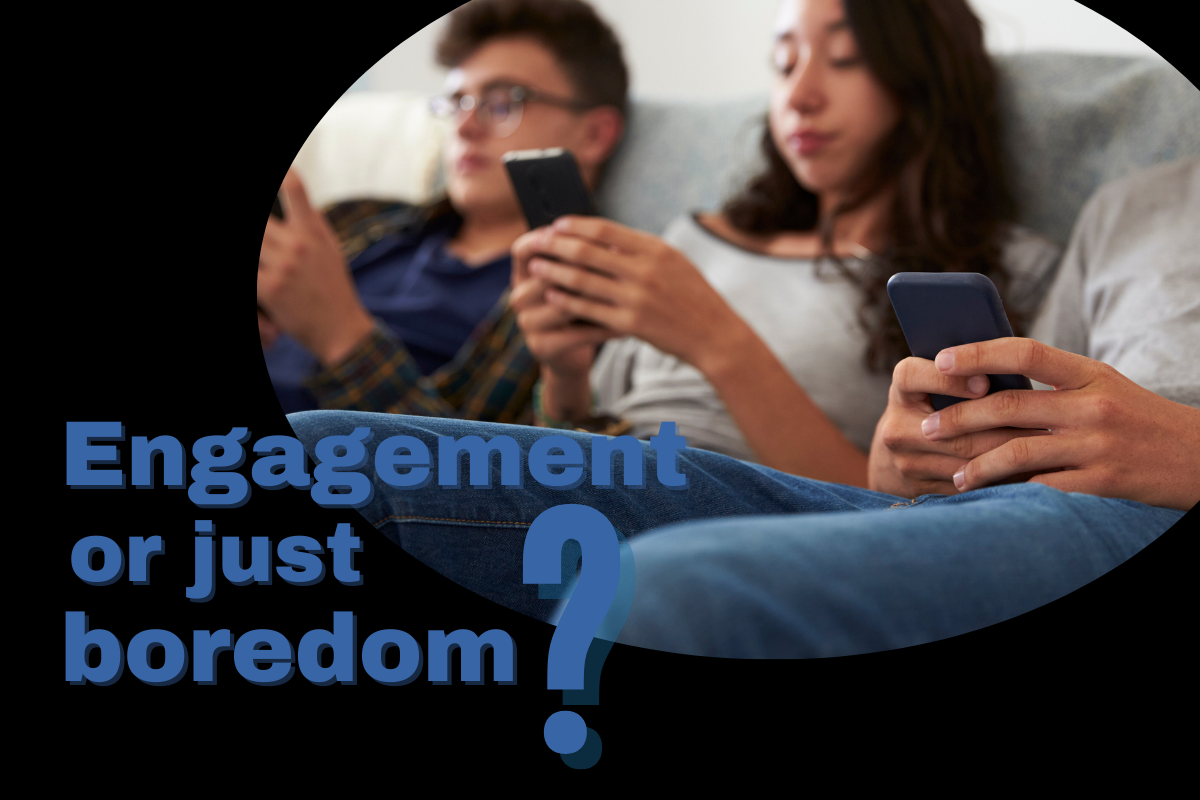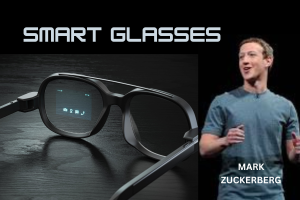Many times, people tend to very often find themselves feeling bored and distracted, unable to focus on the things that really matter to them.
One cause of this problem could be the constant aimless browsing through short videos on the likes of YouTube, Instagram and other social media platforms.
As far as we are aware, it is often up to chance to discover something really beneficial to watch when idly scrolling through short videos on these online platforms.
Researchers from the University of Toronto Scarborough have published a new study titled “Fast-Forward to Boredom: How Switching Behavior on Digital Media Makes People More Bored.”
The study says that viewers would become more bored if they continually browse forward and backward in search of fascinating video clips.
The chief author of the study Dr. Katy Tam, says that boredom and attention are closely related.
The study investigates the contradictory link between boredom and the use of digital media. It focuses on how watching videos on sites like YouTube or TikTok, which are meant to help people pass the time when they’re bored, may really be making the boredom worse.
Dr. Tam pointed out to the Guardian that, “when people keep switching through videos, they become less engaged with the videos and they are looking for something more interesting. This can lead to increased feelings of boredom.”
The study’s findings appear to be consistent with earlier research. The group stated that earlier studies have demonstrated how people’s usage of social media and smartphones is influenced by their need to escape boredom. These emotions tend to be worsened by the usage of such technology.
With almost 1,200 participants, the researchers carried out seven experiments, and each time they discovered that a lot of video switching causes people to get more bored, feel less satisfied, be less engaged, and feel less significance from the activities.
According to data from one of the 166 undergraduate participants in the experiment, people were more bored when they could skip scenes within a video than when they couldn’t.
A different set of 159 students found that when given a selection of five-minute movies to choose from, as opposed to a single 10-minute video, they experienced higher degrees of boredom.
According to the team, participants first thought that pausing between films would add interest to their viewing experience, but the results of the trials showed the contrary to be true. The study finds that people are unable to completely engage with information if they are constantly flipping between them, even if they are entertaining. This starts a vicious cycle of boredom and discontent.
This study seems to indicate that consuming information deeply rather than constantly flipping between items inside an app is a better way to consume digital media.
The discovery has broader ramifications for how individuals utilize digital media and how platforms may create user interfaces that encourage a healthy and positive user experience.







